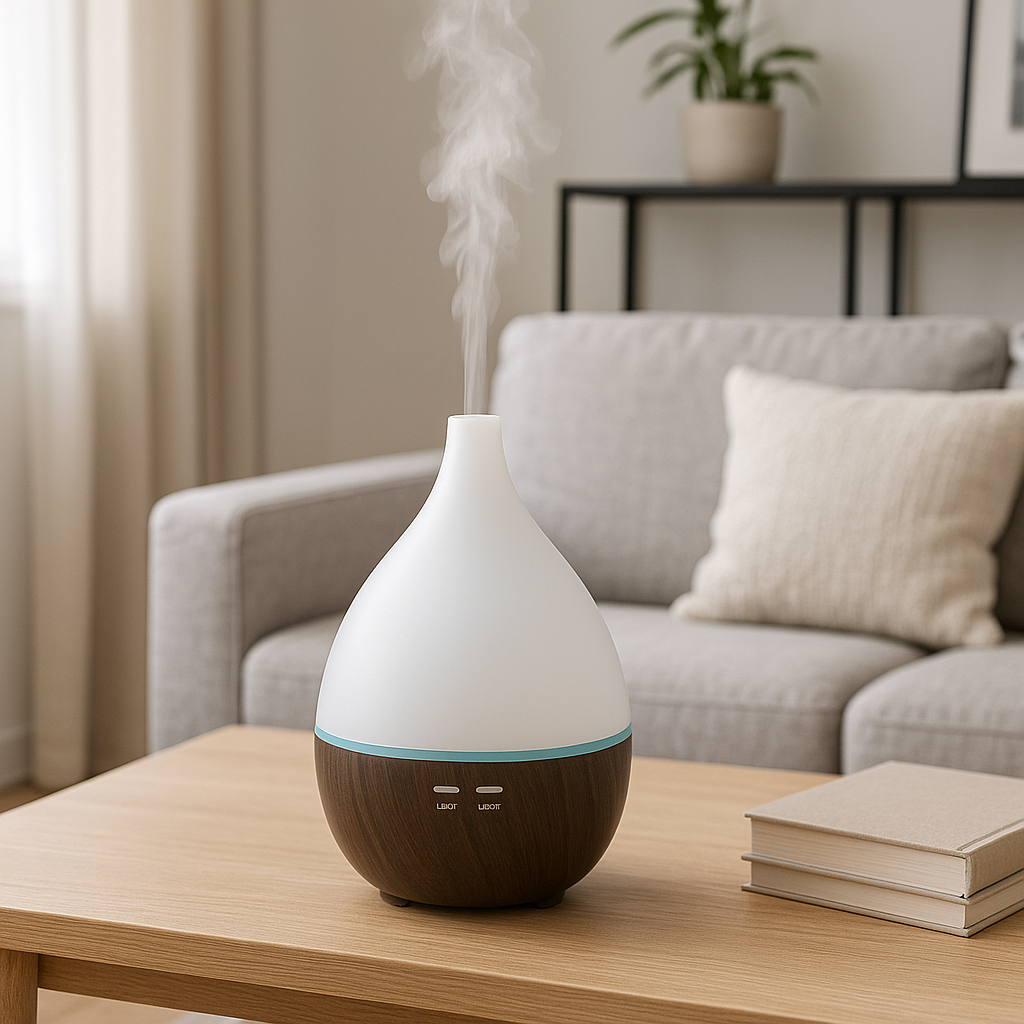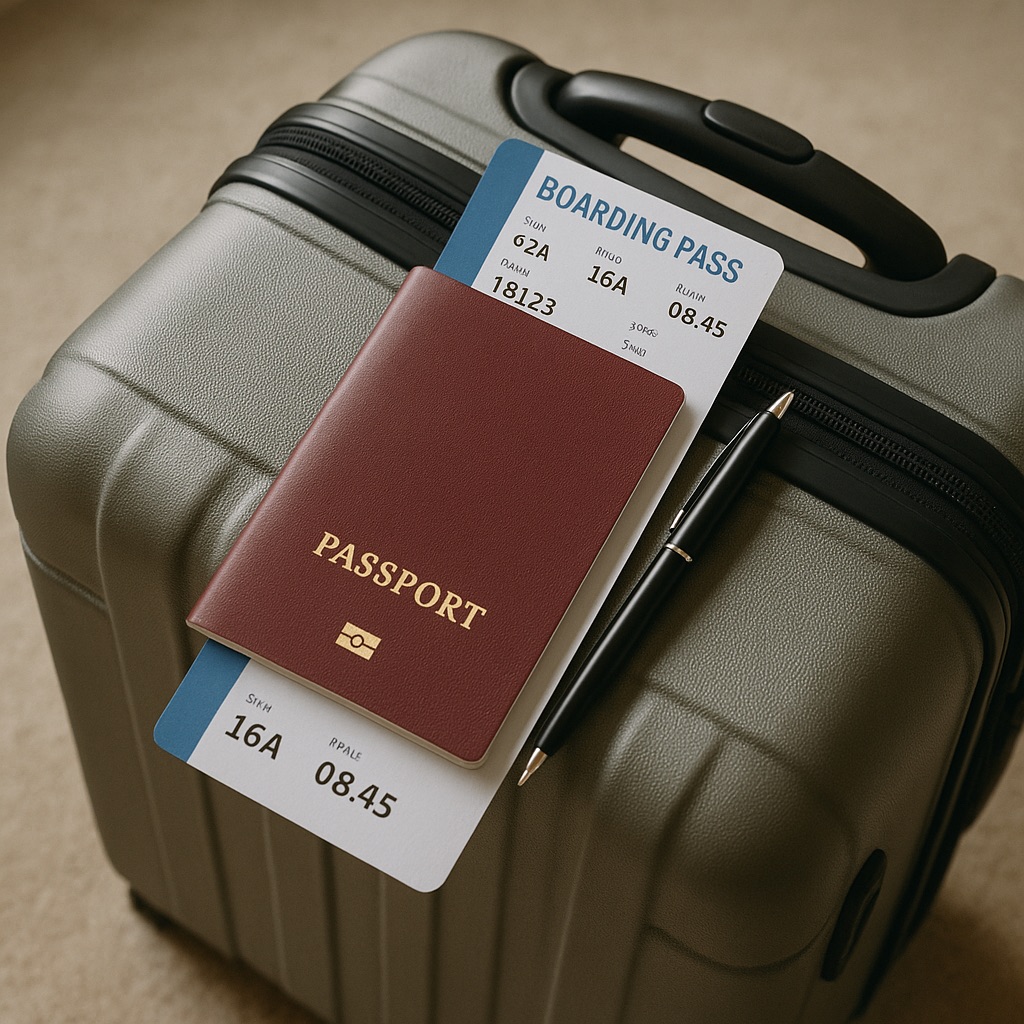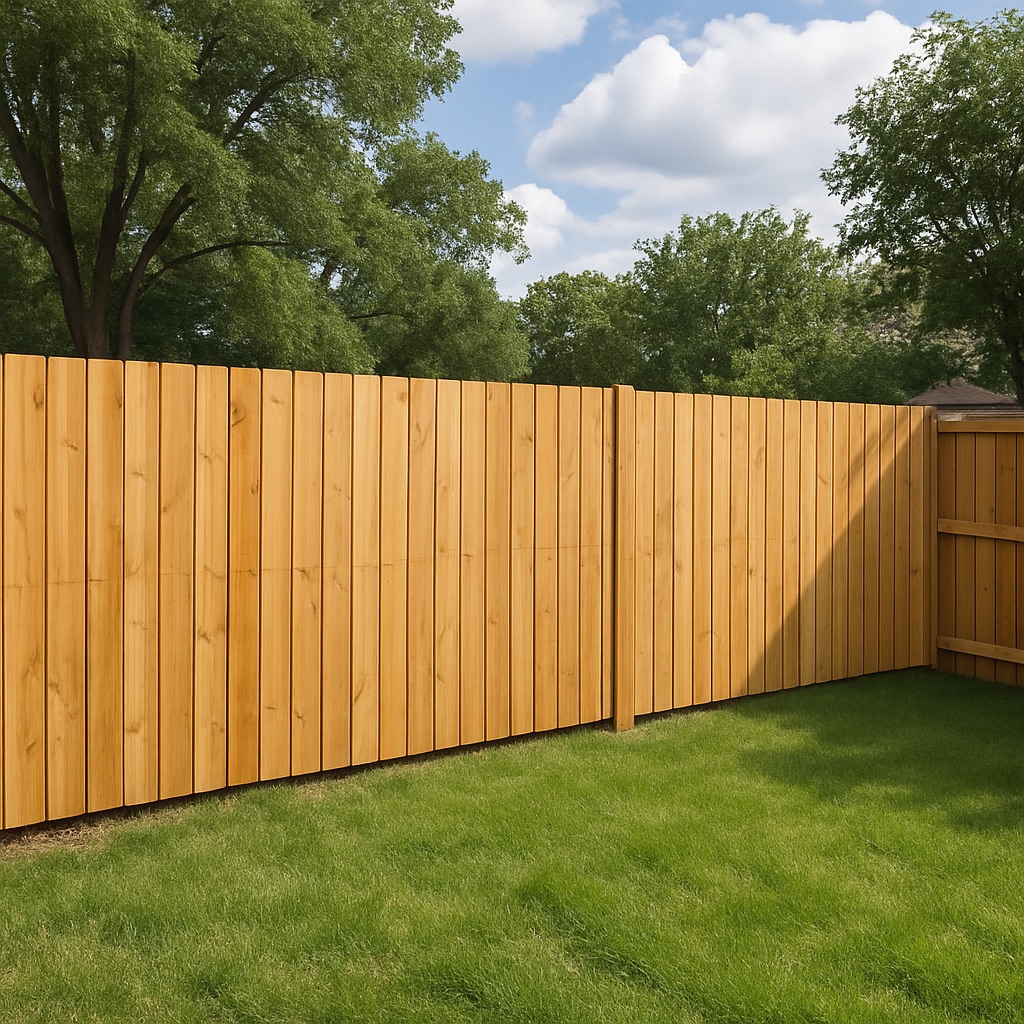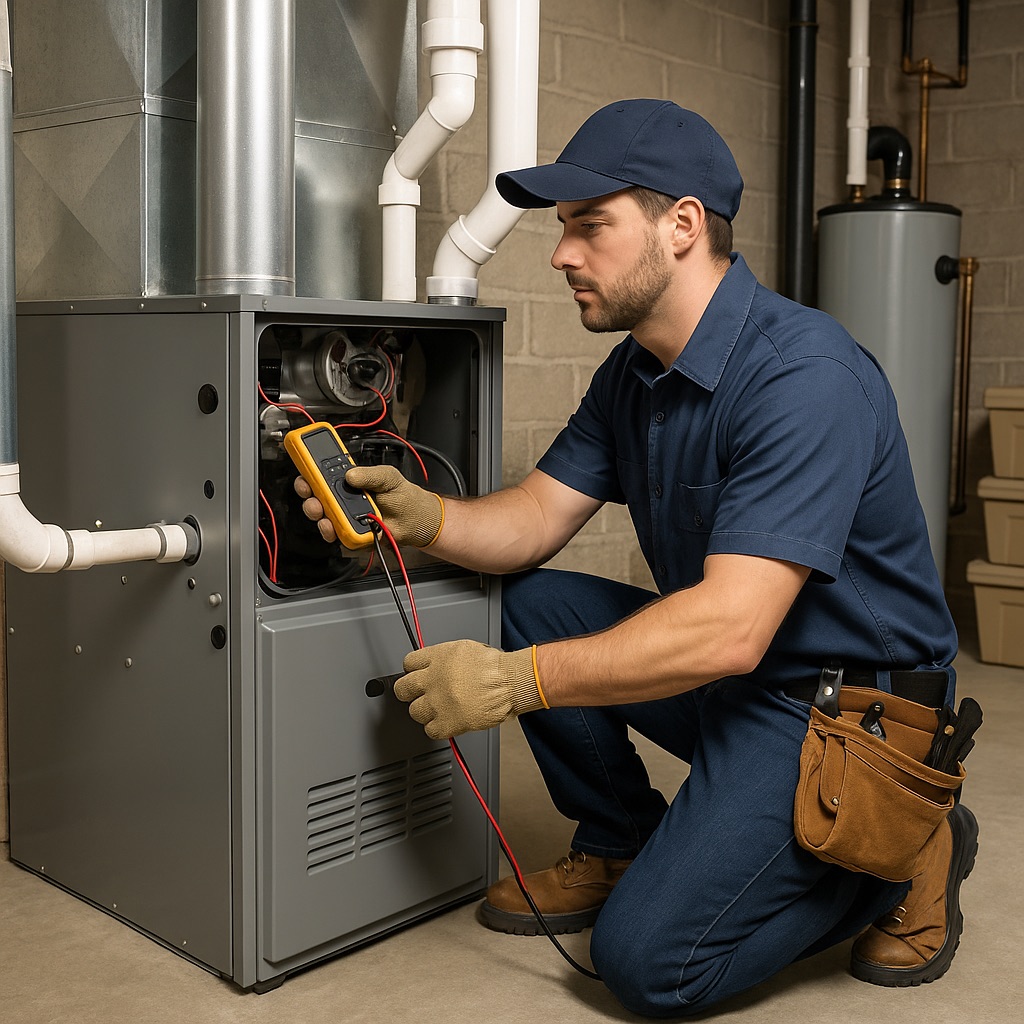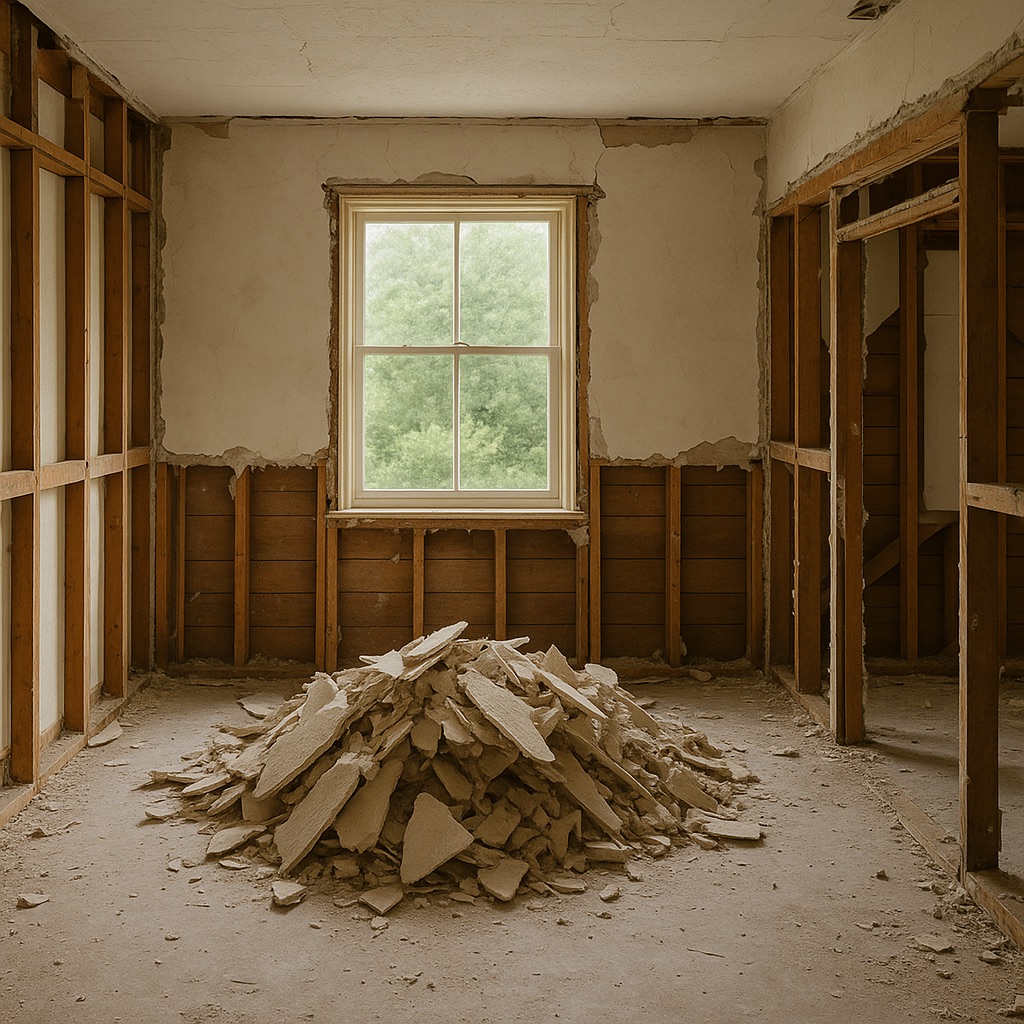Last updated on
Regular furnace and system maintenance can help safeguard your furnace and system. If you scrimp on simple maintenance, you may end up with a large price to repair the system.
You can inspect your heating system and maintain it well with a little care and expertise. You don’t have to be an expert to handle minor details.
A new HVAC system might cost you a fortune. Regular inspections and easy maintenance will help you prevent a knock on your bank account. We’ll discuss some repair advice to keep everything in order.
Table of Contents
Check the Thermostat
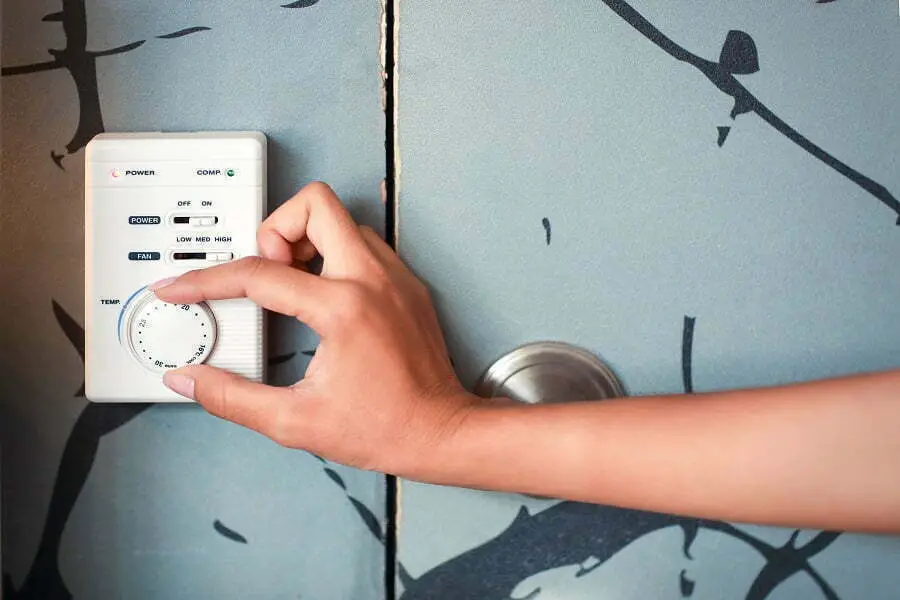
Checking your thermostat is a fantastic method to determine if everything is operating properly. It’s one of the simplest ways to maintain your own heating system.
Turn to raise the temperature once a year, in the spring and autumn. You should be able to hear the furnace start up. Allow the heater to run for a few minutes. If it keeps running, your system is operational. You may have a problem if the furnace shuts off in much less than a few minutes. This is most certainly a case of short cycling. You should have an expert look at it.
Another thing to verify while checking your thermostat is that it is set correctly. Check whether it is in cool or hot mode. A properly adjusted thermostat is also more effective and saves money.
Filters Should Be Checked and Replaced
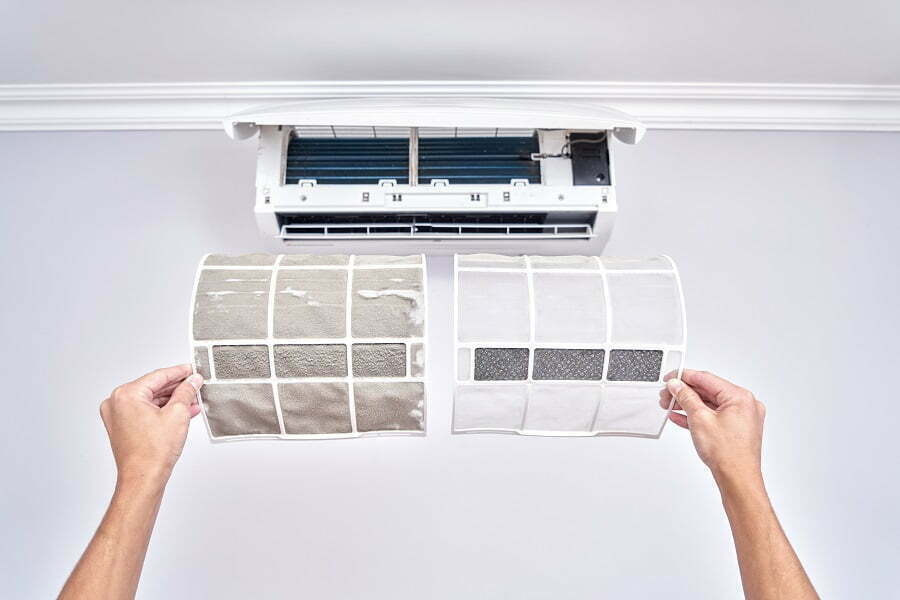
Regularly check your filters. This is a straightforward and efficient heating system maintenance procedure. Air filters should be checked once a month. They should be replaced every three months. If you own an oil-fired heater or boiler, change the oil filter at least once a year.
In the case of AC units, changing filters is advised by most experts. Furthermore, it’s worth mentioning that these experts advise doing it at least every six months and especially before the dust and pollen season (a.k.a. springtime).
In the case of your AC system, the new and clean filters will allow for better air circulation and fresher air. It also takes a lot of the pressure from the AC unit, or, metaphorically, so to say, your unit finally breathes with both lungs.
It also improves the efficiency of your heating system. Finally, a clean air filter may help you avoid more significant problems with your heating system.
Check the Heat Pump
This is not a part of heating system maintenance that you should do on your own. It is, nevertheless, a crucial task that must be completed on a regular basis. Schedule heat pump maintenance twice a year.
Your tune-ups should take place before it gets too cold or too hot. You want to identify any problems before the heat pump needs to start working harder.
Maintaining your heat pump in good working order will help you prevent unnecessary wear and strain. As a consequence, your heat pump will be more efficient. You’ll also avoid worse problems with the heating system.
Maintain the Cleanliness of Your Outside Unit
Don’t forget about the outdoor unit when doing home heating system maintenance.
Keep an eye out for leaves that may be obstructing the unit’s fan in the autumn. Remove any leaves or other debris surrounding the fan to ensure optimal operation.
Clear collected snow from the outside unit in the winter. This should be done whenever there is a snowfall or after a little storm. If the unit is still making funny noises, check the ventilator and the suction, or see if there is any leakage from the unit.
Maintain the Cleanliness of Internal Vents
Examine the ducts in each room of your home. Pet hair and other dust and grime can clog the vents. If your inside vents are clogged, your furnace will not function properly. Your home’s air will not flow freely. You will put additional strain on the furnace if the air does not flow properly. This stress will have an impact on its performance. Its efficiency and lifetime will also suffer as a result.
Reduce the quantity of heating and cooling required by a heating system to keep it running efficiently. Examine your home for dripping windows and doors. You want to make sure that as little cold or hot air enters the house as possible.
The more external air that gets in, the more work the furnace has to perform. This will place an unnecessary strain on the heat pump. As a result, your system will have a limited lifetime and acquire more significant problems.
Examine your house. Examine the window and door frames. To test if any air is getting in, place a candle near the window frames.
Follow these steps, and your heating system will work with ease throughout the year, hopefully.
